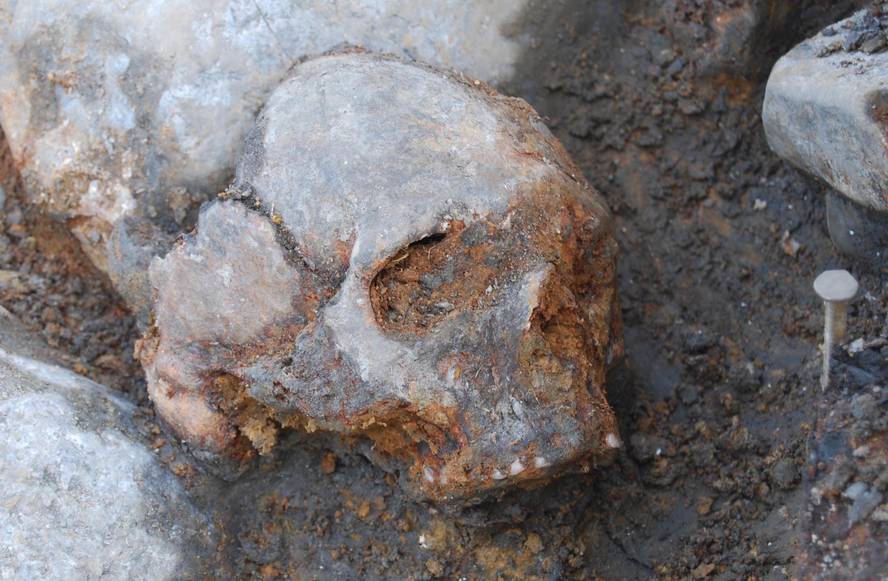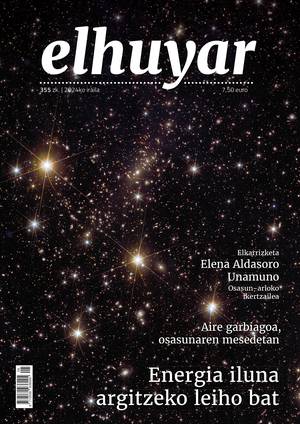Most Europeans clarify that their ancestors belonged to three groups

The article explains that today's Europeans are descendants of Middle Eastern migrants and European hunters. But the participation of these two ancient populations was not enough to explain why we also have the genetic characteristics that match us with the Americans of origin. In order to complete this void, the study they now present has been carried out.
Thus, the genomes of a 7,000 year-old German peasant and eight 8,000 year-old hunter-gatherers from Luxembourg and Sweden have been decoded, along with other already decoded ancient genomes that have been contrasted with those of the 2,345 current Europeans. These current Europeans belong to 203 populations including the Basques (Basque), separated from those of northern Spain (Spanish_North) and those of France (French_South).
In addition, other populations outside Europe have been included in the study. The final conclusion is that most European ancestors belonged to three groups: Hunter-gatherers from Western Europe, North Eurasians (related to the Siberians of the Upper Palaeolithic) and First Farmers of Europe (former descendants of hunter-gatherers from the Middle East and Western Europe).
The genetic contribution of each group to others has also been analyzed. It seems that hunter-gatherers in Western Europe acted genetically in all other groups except those in the Middle East. The Americans influenced everyone, even in the Middle East. And finally, the first peasants were mostly descendants of the closest in the East, but they were also influenced by hunter-gatherers in Western Europe.
Thus, researchers have achieved the most complete family tree of all Europeans. However, they have recognized that there have been a couple of questions left to clarify, on the one hand, when and where the peasants of the Middle East mixed with the hunters of Western Europe and, on the other, when the former Euro-Asian Americans became ancestors of the Europeans. Finally, it has been pointed out that for a better knowledge of the European genome it would be advisable to deepen the study of the ancient genome of the Middle East.





